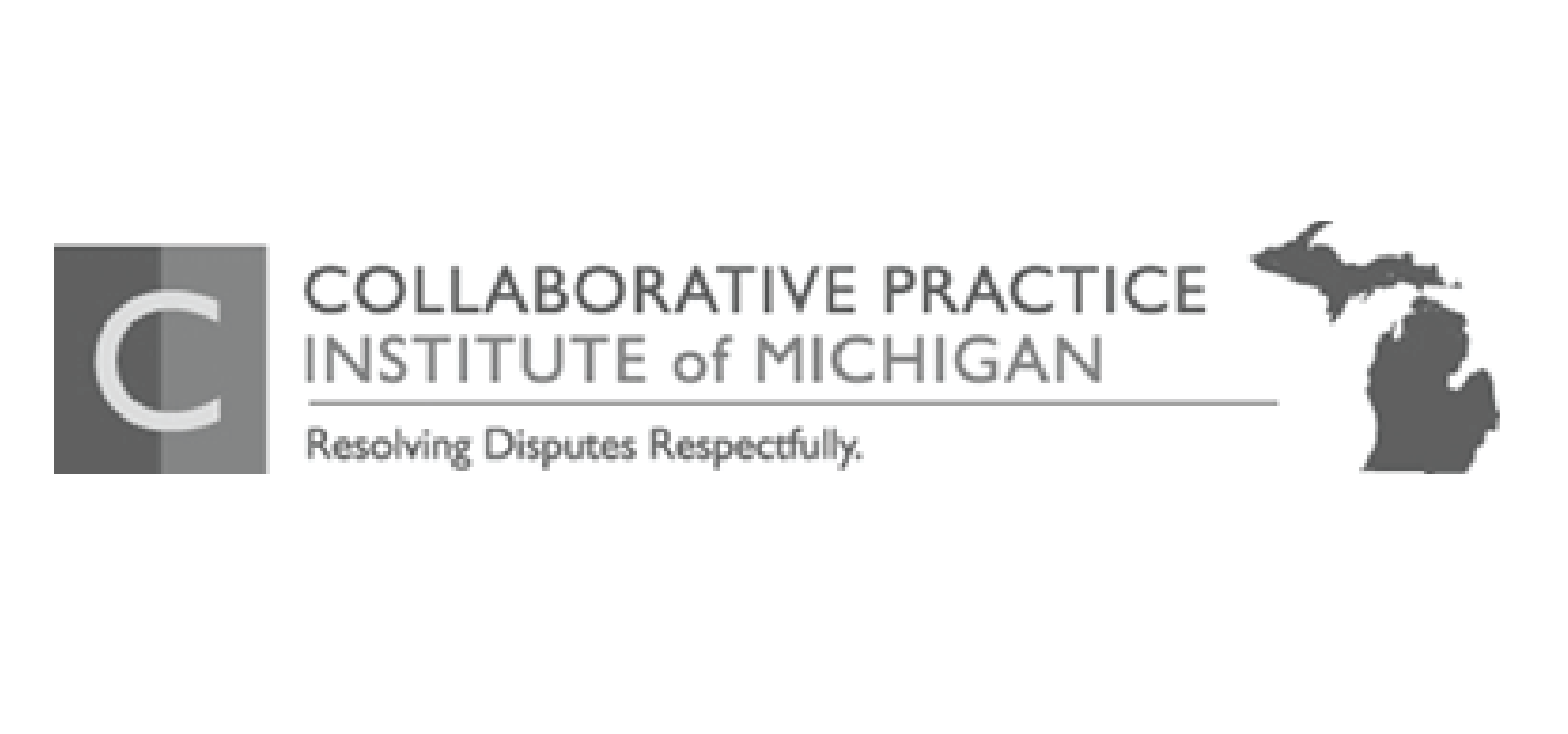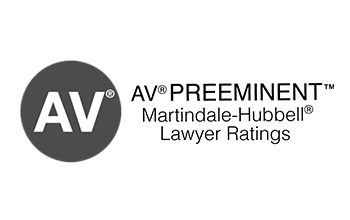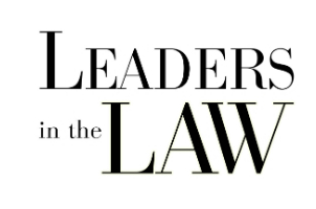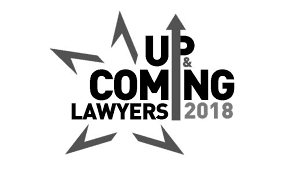The Michigan Supreme Court Can’t Decide Whether It Is Proper For An Attorney To Write Himself Into His Client’s Will
July 09, 2018 Category: Will Contests, Trust Disputes & Probate Administration
The Michigan Supreme Court on June 21, 2018 issued their much-anticipated opinion in the case of In re Mardigian Estate. In that case attorney Mark Papazian prepared a trust amendment and corresponding will for his client and friend Robert Mardigian. The new estate planning documents left the bulk of Mardigian’s very substantial ($ millions) estate to Papazian and his children. Mardigian died six months later. Not surprisingly, Mardigian’s family, comprised of his nieces and nephews, as he did not have any children, challenged the documents and accused Papazian of exerting undue influence in obtaining Mardigian’s signature on the documents. The probate court summarily set the documents aside as contrary to public policy because Michigan Rule of Professional Responsibility 1.8(c) prohibits an attorney from preparing a document, such as a will or a trust, that gives the attorney or his family “any substantial gift.” There is little doubt that the preparation of the will and trust was prepared in violation of this rule.
The Court of Appeals reversed the probate court’s ruling and stated that the Michigan Rule of Professional Responsibility did not hold the force of law and that it was just a guideline for the conduct of attorneys that may also subject attorneys to discipline by the State Bar. The Supreme Court, in a much anticipated opinion, voted 3 to 3. Justice Wilder did not participate because he sat on the Court of Appeals panel that addressed the case originally. Half of the justices felt that the rule did not hold the force of law and that if the legislature wanted to say otherwise it could have. The other three focused on the clear public policy against attorneys drafting documents to their own advantage. The result is that the decision of the Court of Appeals becomes effective and the estate planning documents are valid unless a jury finds that the documents were only signed because of Papazian’s undue influence upon his client.
The issue of whether Papazian unduly influenced his client is a question of fact that must be decided at trial. Having tried undue influence cases in the past, my experience is that juries don’t like it when lawyers engage in mis-conduct particularly when large sums of money are involved. In addition, Papazian remains subject to discipline by the State Bar for a clear violation of the Michigan Code of Professional Responsibility. Nevertheless, the ultimate issue of whether Papazian and his family retain the benefits drafted into the documents remains in the hands of a jury. The case is set to be tried in Charlevoix County. Stay tuned.
Whether the Michigan State Bar addresses the violation of the rule of professional responsibility also remains to be seen. As of the writing of this blog there was no indication on the website of the Attorney Discipline Board that any action had been taken. Typically however, the State Bar (through the Grievance Administrator) would wait until any pending litigation is resolved. Certainly from Mr. Papazian’s point of view, discipline from the State Bar would be much more palatable after receiving his (and his family’s) claimed inheritance.
















